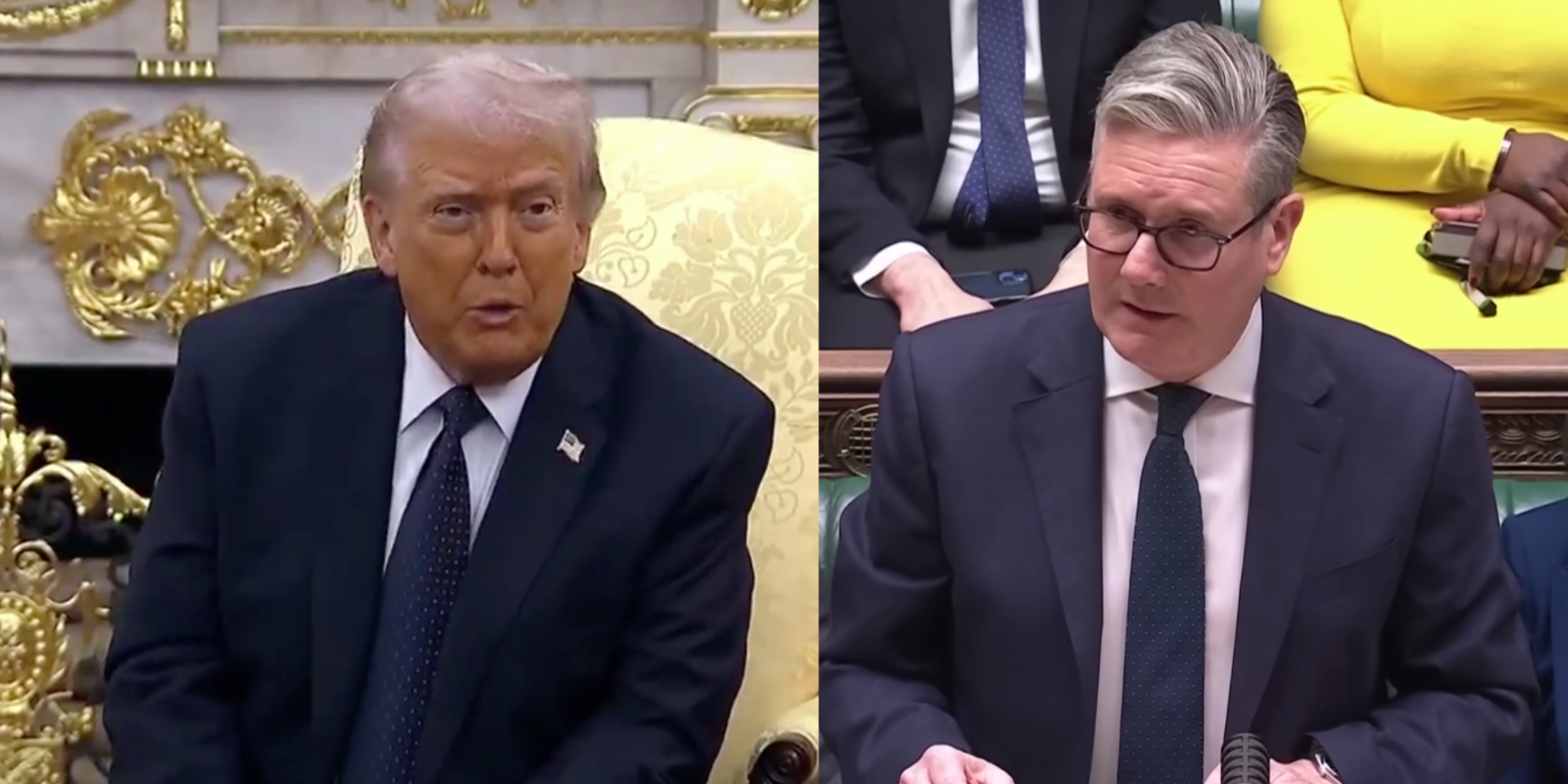I bought Sinead O'Connor's "I Do Not Want What I Haven't Got" on cassette when shopping at the mall with my mom on one of our custody agreement-determined visits. I'd heard the song on college radio from my bedroom in Hanover, Massachusetts, where I wedged my boom box into the window, angling the antenna to pick up the frequency from all the way down in Providence, Rhode Island.
I heard "Nothing Compares 2 U," I didn't know what it meant. It was a break up song and I'd never broken up before. Never gone out before. I only found out later that when she sang the song, written by Prince, she thought about her mother and the abuse she suffered as a teenager. It was because of that abuse that she ended up at the Magdalene Laundries, a nun-run school for girls with behavior problems.
Mothers, abuse, neglect, parents who make no sense even in retrospect, these are things I understood then, and maybe that came through. One of my closest friends in high school adored Sinead, and we listened to The Lion and the Cobra and Am I Not Your Girl, too. I broke the news to her just yesterday. She's not a devotee of the news.
But O'Connor's voice was haunting, the songs were nearly primitive in their simplicity. Her music offered raw emotion that pulled at me, just like Morrissey did.
I played music loud so the vibrations outside in the air around me would match how I felt on the inside. Mixed up but yearning, desperate but with no real idea for what, wanting to run, wanting to hide, wanting to scream. Those were desperate years for me, for all of us probably. I took solace in music, like teens do, and while it is common it is not something that can be minimized. The lyrics are lasting, I know all of them, even after a fresh download of the album this week after the tragic news of her death broke.
O'Connor lost her son to suicide last year. I don't know how a mother ever ever ever gets over that loss, to know that your most beautiful child, your reason for waking up, the person that gives you faith in future, in life, couldn't bear it anymore. I looked at my own son this week, and rightly or wrong, impressed upon him (again, as I have done before) not to ever kill himself. These kinds of thoughts are not uncommon in our family. When a child kills himself, he kills his mother too.
Whatever the cause of death for O'Connor, the loss of her son was likely the precipitating event in one form or another. It is true that a mother can die of a broken heart. It is true that life has no meaning if your child cannot find meaning in theirs.
Morrissey, an artist I have never stopped loving, never stopped listening to, never stopped being inspired by, spoke out after O'Connor, 56, was found unresponsive, as the papers say.
“She had only so much ‘self’ to give," he said.
"She was dropped by her label after selling 7 million albums for them. She became crazed, yes, but uninteresting, never. She had done nothing wrong. She had proud vulnerability … and there is a certain music industry hatred for singers who don’t ‘fit in’ (this I know only too well), and they are never praised until death - when, finally, they can’t answer back," he went on.
It is an odd thing when artists are shunned and then revered the instant their heart stops beating. Such is the case with O'Connor, who in 1992 was roundly derided for tearing up a picture of the pope in protest of the Catholic church having covered up child sex abuse charges against clergy. I was watching Saturday Night Live that night, and I remember it. It was shocking.
O'Connor was asked about it in 2010, and expressed that in Ireland they knew about the sex abuse scandal as far back as 1987, years before it came to light in other parts of the Anglosphere. The Irish church had taken out an insurance policy in 1987 to protect them against future charges of sex abuse survivors. It was this hypocrisy that she was railing against, and it was at a time when religion played a far more prominent role in public life than it does today.
After her death, she was praised for her bravery at having had the courage to call out the abuses, but at the time, it was scandalous, and it has only every remained a scandal. One of the most memorable songs on her album has the lyric "these are dangerous days, to say what you feel is to make your own grave. Remember what I told you: if they hated me they will hate you." (It doesn't exactly go like that, I've transposed from one stanza to another, but it's in there.)
"The cruel playpen of fame gushes with praise for Sinead today," Morrissey wrote in remembrance and anger, "with the usual moronic labels of 'icon' and 'legend'," and of course, here I am quite guilty too. I hadn't thought of O'Connor in years. Her albums haven't been in constant rotation for me from cassette, to CD, to MP3.
"You praise her now ONLY because it is too late. You hadn’t the guts to support her when she was alive and she was looking for you," he writes.
"The press will label artists as pests because of what they withhold … and they would call Sinead sad, fat, shocking, insane," he listed the many labels thrown at her over the years, as she faded from superstardom, grew into that most hated of all things, an older woman.
"… oh but not today!" Morrissey continued. "Music CEOs who had put on their most charming smile as they refused her for their roster are queuing-up to call her a 'feminist icon', and 15 minute celebrities and goblins from hell and record labels of artificially aroused diversity are squeezing onto Twitter to twitter their jibber-jabber…"
Maybe some of these celebs and music industry folx loved Sinead when they were teens, maybe they only thought of her as the controversial outspoken Irish singer who didn't play ball like Bono does, but even with their missives about O'Connor and how groundbreaking she was, the music industry left her out to dry after the pope photo incident.
A man in Times Square steamrolled her records over it. Music industry notables came down hard with intense criticism and backlash over it. O'Connor was cancelled before cancelling was fashionable, and at a time when recovery was barely possible, if at all. She was a superstar and then suddenly she wasn't.
O'Connor continued touring, making music, but she never again attained that status.
"...it was YOU who talked Sinead into giving up," Morrissey wrote, "… because she refused to be labelled, and she was degraded, as those few who move the world are always degraded."
"Why is ANYBODY surprised that Sinead O’Connor is dead?" He asked, listing off some of the world's greatest talents, all of whom were ground into dust by an industry that demands compliance above all else.
"Who cared enough to save Judy Garland, Whitney Houston, Amy Winehouse, Marilyn Monroe, Billie Holiday? Where do you go when death can be the best outcome?"
"Was this music madness worth Sinead’s life?" Morrissey asks. "No, it wasn’t. She was a challenge, and she couldn’t be boxed-up, and she had the courage to speak when everyone else stayed safely silent. She was harassed simply for being herself.
"Her eyes finally closed in search of a soul she could call her own. As always, the lamestreamers miss the ringing point, and with locked jaws they return to the insultingly stupid 'icon' and 'legend' when last week words far more cruel and dismissive would have done," he said.
Then he made a prediction: "Tomorrow the fawning fops flip back to their online shitposts and their cosy Cancer Culture and their moral superiority and their obituaries of parroted vomit … all of which will catch you lying on days like today … when Sinead doesn’t need your sterile slop."
And it has. Morrissey's missive against a music industry that has treated him no better than it treated O'Connor, that has sought to cancel him, belittle him, and has successfully prevented him from releasing his latest record has extended the Sinead O'Connor tribute for a few hours longer.
But soon, make no mistake, Sinead O'Connor will no longer be mentioned, or if she is her controversial aspects will be glossed over, powdered, forgotten. Her music will remain, but the woman herself, as will all of us, be forgotten.
It is with hope that I say what she has left behind will be lasting. As long as there are girls who yearn for something more, who stretch antennas on boom boxes, or urls into the wayback machine, or scour old videos, there will be space for Sinead O'Connor in the hearts of those who matter most, who need her voice to fill their chests to maintain equilibrium with the tumult inside.





